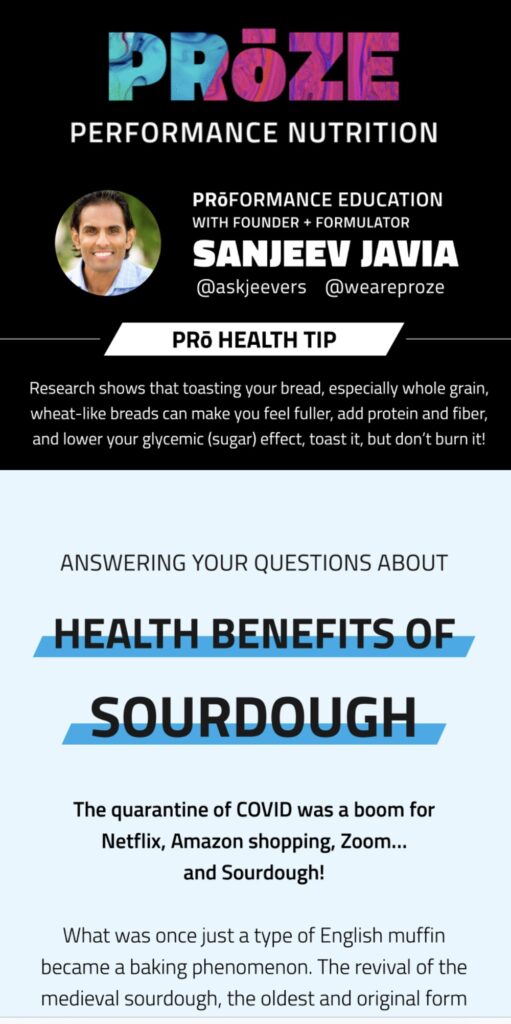Remember, I’m a Formulator..
20 years, 200+ products, 6 different companies – owned or the lead Formulator, I know a “bit or two” about supplements. Not only have I learned what to do, but I’ve learned, what NOT to do. Although the regulations are much tighter than what is perceived, the supplement industry can be a bit shady. Not only with their claims, meaning what the product can do, but how they label their products.
Ok, class…the Professor is in…
Q: Quick question: Does the FDA regulate supplements?
A: Kinda. The FDA has significant regulations in place for the development and manufacturing of supplements, but there isn’t the type of regulation as in the pharmaceutical industry. Hence the standard disclaimers on products: “These statements have not been reviewed by the FDA…blah, blah”.
Q: Should there be worry?
A: No, there are significant regulations on what can be made and what ingredients can be used. However, the FDA can’t regulate all the claims that are being made (e.g. lose weight in 10 days) or testing (e.g. if all of the ingredients are in the correct dosages). That’s why it’s key to buy from reputable companies.
Q: What are some things we should look out for on labels?
👉 Total Weight vs Elemental Weight – minerals can not exist by themselves, they need to be stabilized by a “salt”. Some labels will list the weight of the mineral+salt (Magnesium = 100mg), but what you’re looking for is the (elemental) amount of Magnesium. Look for products that say, Magnesium (as magnesium citrate) 100mg, this identifies that you’re getting 100mg of just Magnesium.
👉 Meaningless claims. These claims have no real definition, hence no benefit, they sound cool but are useless: “Clinically Tested Ingredients” (testing doesn’t mean proven), “Tested By FDA Approved Lab” (FDA does not approve labs), “Pharmaceutical Grade” (there is no such grade)
👉 Exaggerated Claims. Weight loss and disease prevention (or cure) are the most common. Legally, there are no ingredients or products that can say they do these things. They may be able to say that they indirectly work (e.g. Chromium helps with insulin sensitivity, which may support weight management), but losing 30lbs in 30days or reversing <insert disease> is ridiculous.
👉 Loads Of Ingredients. Sometimes formulas will have multiple ingredients to attract you, the whole “wow, look at all I get”. Which you are getting, but probably in “fairy dust” amounts. You can only put so much in a serving, so don’t be fooled you’re getting enough of what you need. Stay basic.
👉 Certifications. USP (US Pharmacopeial Convention), GMP (Good Manufacturing Standards), NSF, Informed Sport, are all great marks to see on dietary supplements and/or if they show their 3rd Party Tests on their website.
👉 Made In The USA. Ingredients may not come from the USA, but if the product is manufactured in the USA, they will have gone through the significant GMP and regulatory guidelines of the FDA, which tests for ingredients before and after production.




